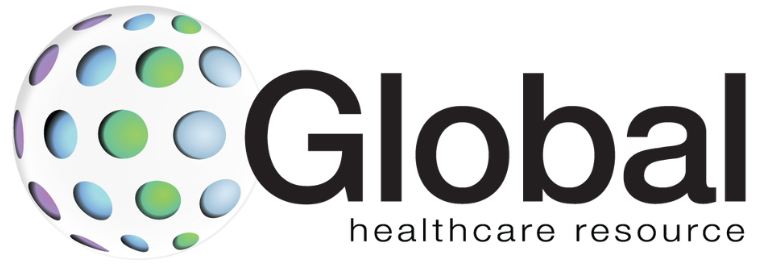
Google and the American Medical Association have launched (Opens in a new window) a new challenge focused on healthcare data and interoperability.
The contest aims to find solutions that show how patient data can be captured by mobile health monitoring devices, sent to a physician and turned into actionable information used to improve a consumer’s health outcomes.
Those interested in participating can submit ideas on how to import patient-generated information from mobile devices or apps and how to extract data from a phase of clinical care and send it back to patients.
Only startups that have received less than $5 million in funding and earned under $500,000 in annual revenue are eligible for the challenge (Opens in a new window).
Submissions are due by June 7.
The first place winner will take away $25,000 in Google Cloud credits. The runner-up will get $15,000 in Google Cloud credits, and the third place winner will receive $10,000 in Google Cloud credits.
“The AMA is working to unleash a new era of patient care through its Integrated Health Model Initiative (IHMI) by pioneering a common data model for organizing and sharing meaningful health data like patient goal, state and functioning, and assembling an unprecedented collaborative effort across healthcare and technology stakeholders,” AMA President David Barbe said in a news release.
Last fall, the AMA founded the IHMI (Opens in a new window), a collaborative that brings the healthcare and technology sectors together around a shared data model. Through it, physicians can collect and exchange patient information. The online platform allows the model to evolve with participants’ use and feedback. Numerous well-known entities signed up early on, including Cerner, IBM, the American Heart Association and Intermountain Healthcare.
The Google-AMA competition comes as interoperability continues to take the spotlight in healthcare.
Last year, HIMSS released (Opens in a new window) a six-part call to action on the subject. And at the Redox and Matter Healthcare Interoperability Summit (Opens in a new window) in November, panelists shared that the health IT realm has a long way to go before it achieves the ideal state of interoperability.
Photo: Alchemic2015, Getty Images










